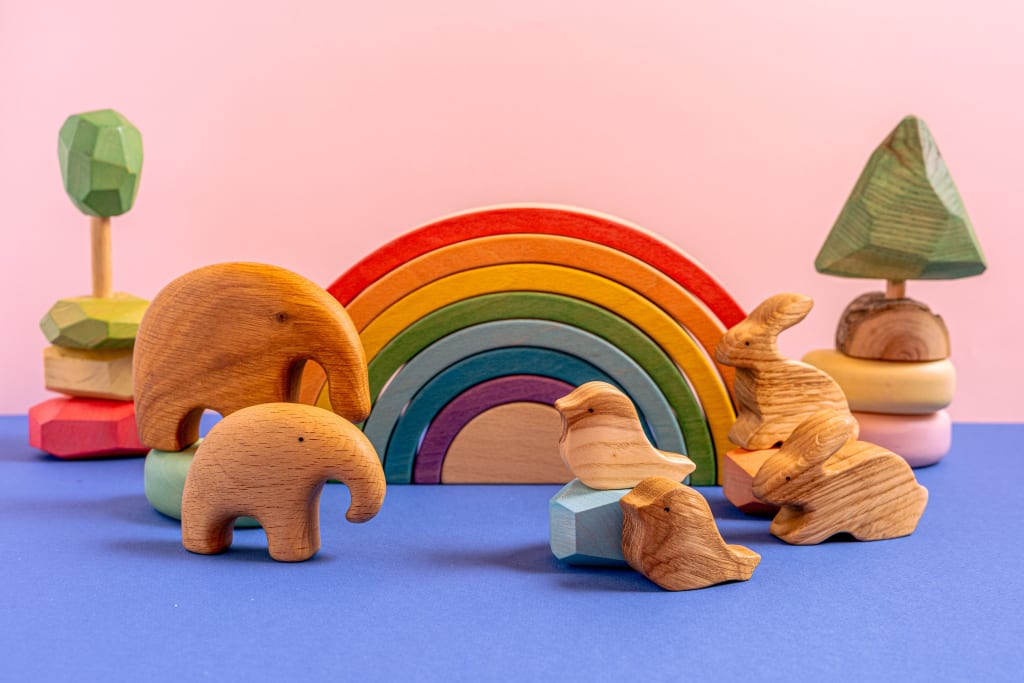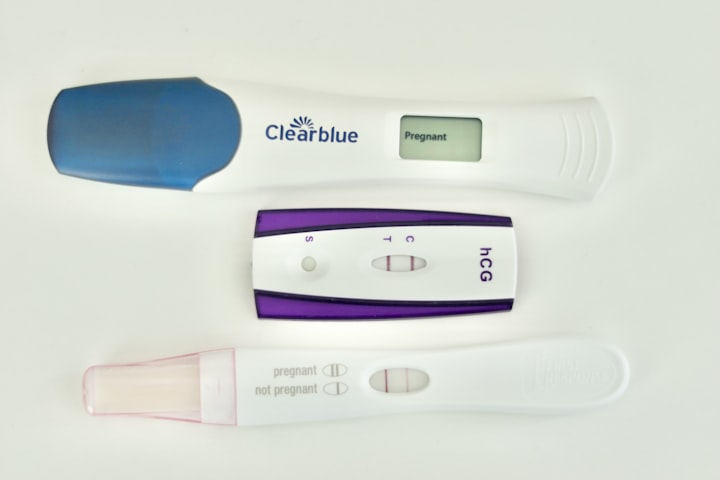Early Childhood Development: Choosing the Right Toys for Children Ages 0-5.
Why do children aged 0-5 play games? Why should they play games?

I will find answers to these questions and share with you which toys are more useful.
Developmental benefits: Play is an essential part of early childhood development, and games can help children develop a wide range of skills such as fine and gross motor skills, hand-eye coordination, problem-solving, and language development.
Social interaction: Games can also help children learn how to interact with others, share, and take turns.
Emotional expression: Play allows children to express themselves emotionally and explore different feelings and emotions.
Imagination and creativity: Games can also help children tap into their imagination and creativity, allowing them to explore new ideas and possibilities.
Fun and enjoyment: Lastly, games are simply fun and enjoyable for children, providing them with an enjoyable way to spend their time.
All these reasons make play a vital role in the holistic development of children aged 0-5. It should be encouraged, providing the appropriate and age-suitable toys and games, and providing a safe environment to play.
It is difficult to say exactly what kind of people children who play games will become in the future, as there are many factors that contribute to an individual's development. However, research has shown that children who play games can potentially develop a number of positive qualities that can benefit them in the future. These qualities include:
Improved problem-solving and critical thinking skills: Games often require players to think strategically and come up with creative solutions to challenges, which can help children develop problem-solving and critical thinking skills.
Improved memory and attention: Games can help children improve their memory and attention span, which can be beneficial in a variety of settings, such as school and work.
Improved social skills: Games can help children learn how to interact with others, share, and take turns, which can be beneficial in developing healthy relationships.
Improved hand-eye coordination: Games can help children develop their fine motor skills and hand-eye coordination which can be beneficial in many areas of life.
Increased creativity: Many games require children to think creatively and come up with new ideas and solutions, which can help foster creativity and imagination.
It's important to note that these are potential benefits, and not all children will experience them all. Also, the type of game and how it is played could also affect the outcome.
Suggestions
Stackable blocks: This classic toy helps with the development of fine motor skills, hand-eye coordination, and problem-solving.
Musical instruments: Whether it's a xylophone or a set of drums, musical instruments are great for encouraging creativity and self-expression.
Building sets: From simple connect-the-dot sets to more complex sets with gears and wheels, building sets help children with their fine motor skills and spatial awareness.
Shape sorters: These toys are great for helping young children learn their shapes and colors.
Pull-along toys: These toys help children with their gross motor skills as they learn to pull and walk with the toy.
Soft toys: These can be great for comfort and security for young children. They also provide a way for children to learn about different animals and their characteristics.
Sensory toys: These toys are designed to stimulate the senses and include things like textured balls and squishy toys.
Bath toys: These can be great for encouraging play and exploration during bath time.
Books: Children's books are great for encouraging reading and language development.
Art supplies: Crayons, markers, and paint are all great ways for children to express themselves and develop their fine motor skills.
About the Creator
Ashley Hill
A freelance writer.






Comments
There are no comments for this story
Be the first to respond and start the conversation.